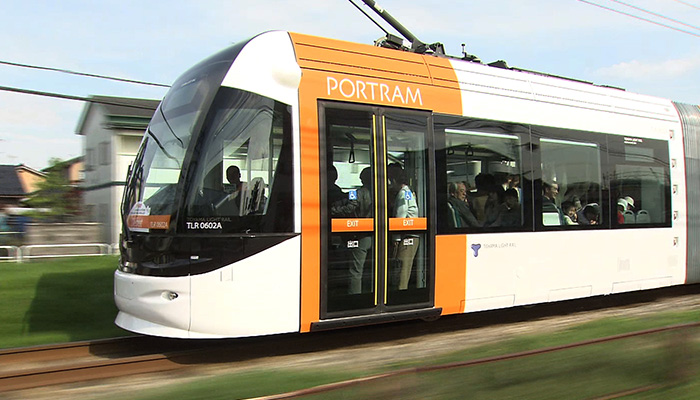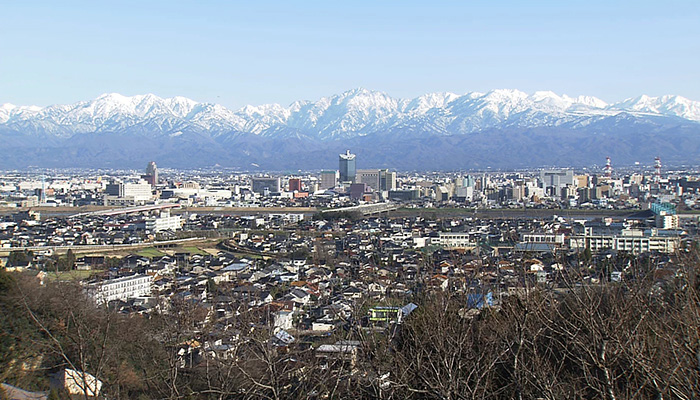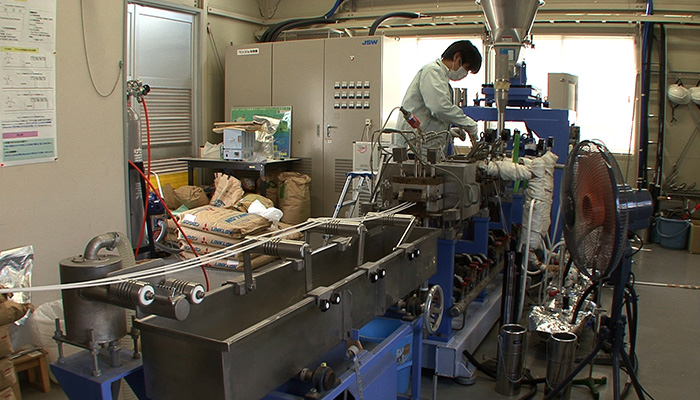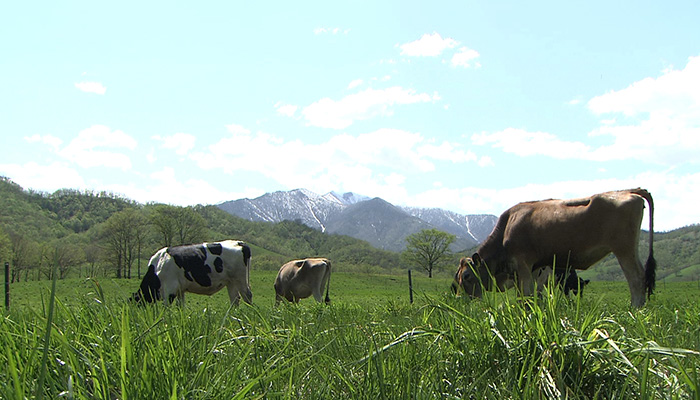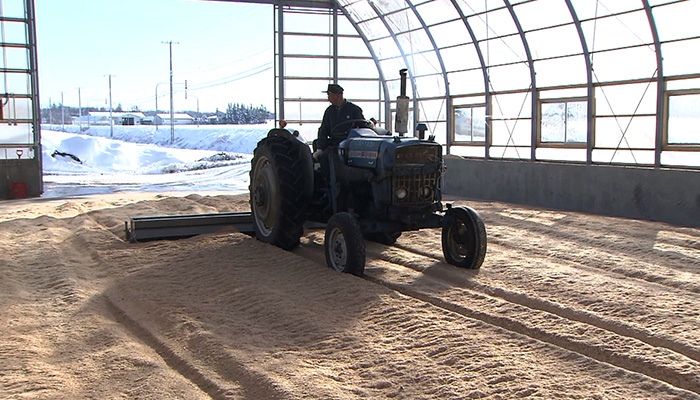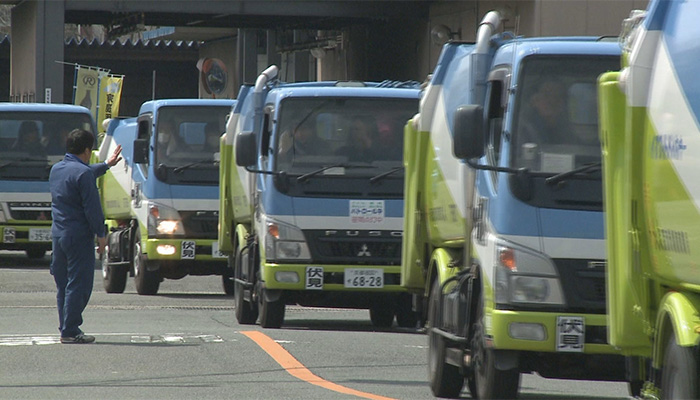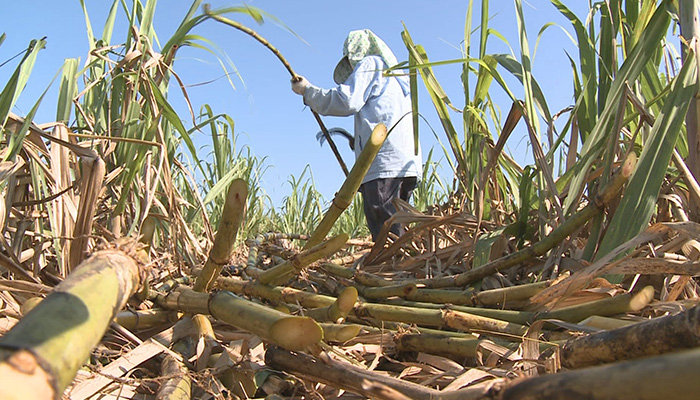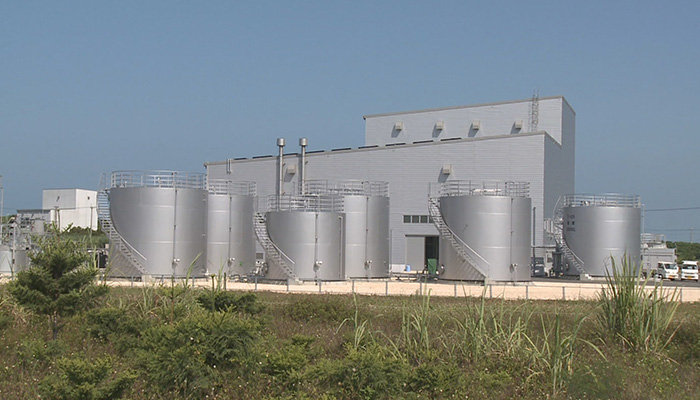- Home
- Program Catalog
- Documentary
- Environment
- Japan’s Eco-model Cities
Japan’s Eco-model Cities日本の環境モデル都市
- 5 x 20 min.
- EDC5S007-001~005
- English, Spanish, French, Arabic, M/E, HD
©NHK Foundation
Thirteen cities across Japan are currently taking part in the government's "Eco-model Cities" program to curb greenhouse-gas emissions. This series focuses on five of these cities, featuring the problems they face and the distinctive measures they are pursuing to combat global warming.
1. Kitakyushu - Aiming to be the Eco-frontier City of Asia / 北九州市~アジアの環境フロンティアシティーをめざして
Kitakyushu city is making use of its past experience of solving environmental problems to advance on the twin planks of the environment and industry. It is also transferring the know-how and skills it has acquired to other Asian countries.
2. Toyama - Aiming for the Compact City / 富山市~コンパクトシティーの実現に向けて
Toyama city is now seeking to slash greenhouse gas emissions by becoming a compact city. Initiatives include a new public transport network created around the Light Rail Transit (LRT) tramway.
3. Obihiro - Aiming to be a Garden City / 帯広市~田園環境都市をめざして
Arable and pastoral farming are big in Obihiro. The city makes active use of biomass resources and is seeking to become a recycling-based garden city in harmony with the natural world. Japan's Eco-model Cities
4. Kyoto - City with World Heritage Sites Combats Global Warming / 京都市~世界遺産の都で市民が挑む地球温暖化防止
This video highlights Kyoto's efforts to recycle cooking oil into bio-fuel for the city's buses and rubbish trucks, reducing carbon-dioxide emissions by 4,000 tonnes per annum. It also looks at the importance the city attaches to trees and education about the environment.
5. Miyakojima - Recycling the Locally Grown Sugar Cane / 宮古島市~サトウキビで築く資源循環型社会
Miyakojima Island is striving to recycle its resources, particularly sugar cane. It is striving to create new industries from the waste produced from sugar-refining, harnessing it as a source of bio-ethanol and organic fertilizer.

